A recently published article in the Annals of Surgery on breast implant safety and disease has drawn the criticism of scientists and plastic surgeons. In this segment of PSC Deep Dive – Breast Implant Safety and Disease, Part 3, plastic surgeons weigh in on the scientific merit of the Annals of Surgery publication.
“I can clearly see from what was published, that this paper is using pooled data, which means that it’s pooled information from different studies with different designs,” shares board certified plastic surgeon Dr. Caroline Glicksman of New Jersey. “It was a paper that probably should have never been published. The most important thing to me is that this paper will be considered as peer-reviewed literature by the media and by other physicians and other groups. Unfortunately, it is junk science in my mind, and that’s where we were about 25 years ago.”
Defending Against a Media without all of the Facts
From celebrity gossip to politics to science, the media can’t help ramping up the latest news in order to maximize the amount of clicks. Paired with the slipping viewership numbers of traditional media, outlets have begun sensationalizing all they can get their hands on to maximize the number of clicks generated. Furthermore, media often takes peer-reviewed publications and selectively report on the most outrageous conclusions.
“It is so important, in this day and age, that we have really good information that’s being put out there,” shares board certified plastic surgeon Dr. Bruce Van Natta. “Social media, the regular media, they’re going to pick this up and run with it. Again, this comes from a peer-reviewed journal. That’s supposed to mean that it was vetted by other experts who would’ve looked at this and said, ‘Wait. You’re putting in two different studies here that really don’t mesh.’”
“There’s always weakness when you try to combine these studies, we know that. In this case, it was particularly bad,” he says. “Now, we’re stuck with this – it’s out there – and we have to do damage control. It’s a shame that this ever got published.”
The FDA Releases Statement on Poor Quality Data from Annals of Surgery Publication
The FDA published a commentary on breast implant safety and disease in the same journal issue. In a press release, they stated, “We respectfully disagree with the authors conclusions. In our editorial response, we note our concerns with significant shortcomings with the study’s methodology and how the data is presented and concluded, including inconsistencies in the data and potential sources of bias. Because of these concerns, we urge the public and healthcare community to view this external assessment’s conclusions with caution.”
In fact, the authors of the study have been incorrectly stating the study is the, “largest prospective study ever done.” This is misleading as the publication combined 2 studies that were reported by the FDA in 2011. This “combination of 2 totally different studies” is flawed and does not result in a bigger study; all the credible plastic surgeons that the Plastic Surgery Channel has interviewed feel the authors of this paper are scientifically irresponsible and their motives are unclear.
Responsible Conclusions Matter
“I believe it to be irresponsible quite honestly. It’s going to put us back to the 90s,” explains Dr. Kristi Hustak, a board certified plastic surgeon in Houston. “I foresee it happening all over again, where patients are coming in petrified, and it’s off of bad data! Data that was patient-reported data for example. Patients just don’t know, so none of these things are verified.”
“The breast implant controversy… There’s nothing in our area of plastic surgery that’s more intertwined with emotions, politics, and money,” shares Dr. Glicksman.
Breast Implant Safety – Patients First Always
At the end of the day, plastic surgeons are physicians first, and that means patient safety reigns supreme.
“The most important thing is the damage it may do to our patients,” concludes Glicksman. “There are some issues here that may produce fear-mongering and just produce a crisis. What we do want is good science, and we do want to get to the bottom of any illnesses that may be associated with implants. We’re not going to blow off the concerns of our patients; we listen to our patients. The important thing is to have good data and to use that data to make generate scientific publications.”



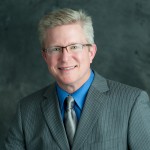




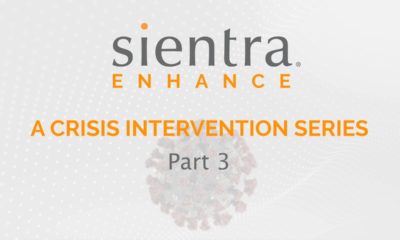

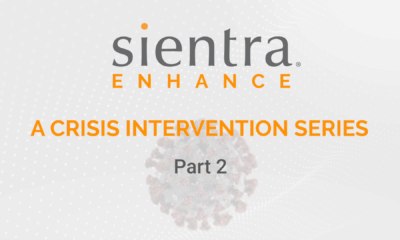
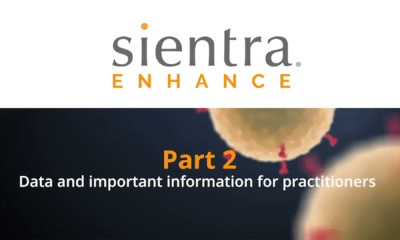
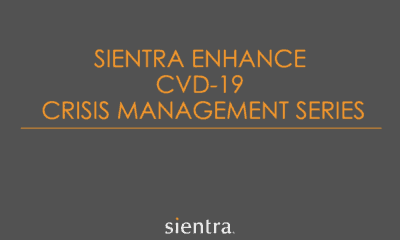
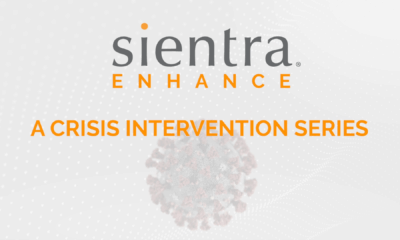
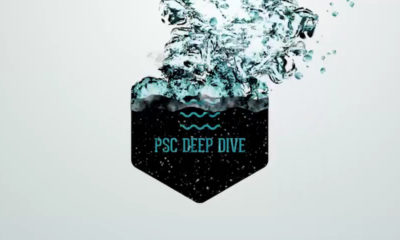




Facebook
Twitter
Instagram
YouTube
RSS